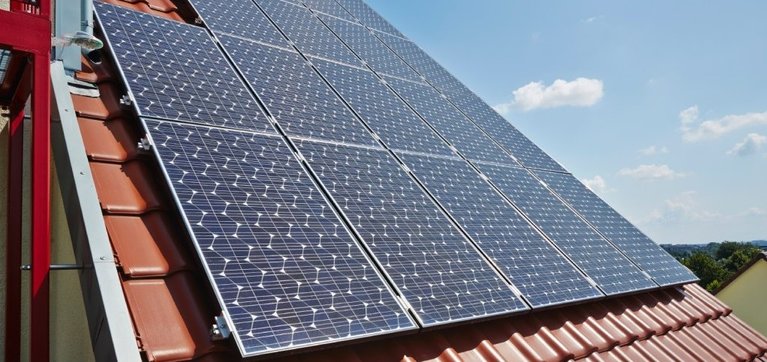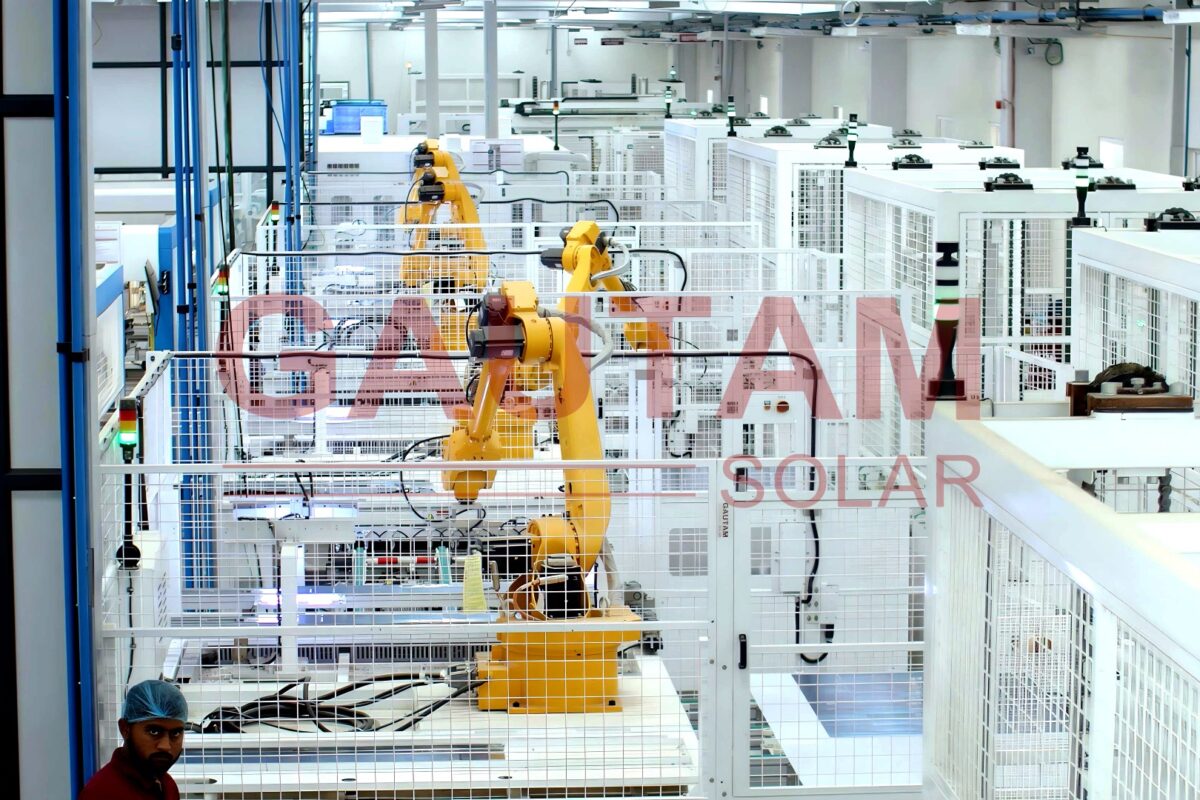Indian policymakers now need to plan for rooftop solar plus storage, rather than rooftop solar alone, as the combination increasingly becomes cost-effective for electricity generation vis-à-vis grid supply and diesel generators, according to a new report by the Institute for Energy Economics and Financial Analysis (Ieefa).
Ieefa has calculated that in 2021 solar+storage will be cheaper than grid supply for most commercial and industrial (C&I) customers. It finds the levelized cost of energy (LCOE) for a 1MW rooftop solar system coupled to 250kW of energy storage with a backup of four hours to reduce to around INR 6.6–6.8/kWh by next year. This is less than the grid tariff for most C&I consumers and well below the cost of power produced by diesel generators.
Co-author Vibhuti Garg, an Ieefa energy economist and Lead India, said, “Policy initiatives by central and state governments are already boosting the adoption of EVs, and although slow, rooftop solar and battery uptake is increasing. What’s missing, however, is the opportunity to integrate distributed energy and therefore maximize the benefit of combining rooftop solar with small-scale storage, smart demand-responsive appliances, and EVs.”
Recommendations
The report suggests the technical integration of rooftop solar with storage and electric vehicles (EVs) as a priority to instill consumer and investor confidence. This encompasses the quality of distributed energy resource (DER) products and installations, integration into the distribution grid and providing certainty of return on investment.
It states lessons for India to learn from Australia—which has the world’s highest rooftop solar capacity per person (786 watts) and a record rate of new installations (3GW in 2020, a 39% increase on a year-on-year basis).
Said co-author Dr Gabrielle Kuiper, a DER specialist and Ieefa guest contributor, “Putting in place a technical standards framework, appropriate quality controls and consumer protections for distributed energy products and installations, and appointing a respected agency to ensure compliance, will be critical in shoring up consumer and investor confidence.”
Roughly one in four Australian households – about 2.7 million homes – have rooftop solar systems and increasingly battery storage.
India, meanwhile, is on the cusp of its own distributed energy transition as the government steps up support for the uptake of rooftop solar and solar irrigation pumps and targets 15% of vehicle sales to be electric by 2023.
Dr Kuiper said, “Combining rooftop solar with storage and EVs is key..[as] it is more cost-effective for private and public consumers to have distributed charging co-located with power generation and to directly charge EVs using behind-the-meter solar.”
Managed charging and discharging of EVs and vehicle-to-grid (V2G) technology – which enables power to be drawn from or supplied to the grid when most needed – could be a game-changer for India, stated the report.
An additional time-of-day price signal to incentivize supply in peak demand periods will provide much-needed flexibility in the Indian grid as the proportion of variable renewable energy grows.
Garg said distribution companies (discoms) could play a greater role in facilitating a system where distributed energy resources like rooftop solar, battery storage and EVs are central, planned for, and taken advantage of, driving deflation and sustainable energy for all.
“Discoms are watching their high-paying commercial and industrial consumers install private supplies of rooftop solar plus storage, which is undermining discoms’ revenues due to their excessive reliance on unsustainable cross-subsidies.
“Instead, discoms could proactively offer rooftop solar plus storage packages and change the customer landscape.”
This content is protected by copyright and may not be reused. If you want to cooperate with us and would like to reuse some of our content, please contact: editors@pv-magazine.com.









1 comment
By submitting this form you agree to pv magazine using your data for the purposes of publishing your comment.
Your personal data will only be disclosed or otherwise transmitted to third parties for the purposes of spam filtering or if this is necessary for technical maintenance of the website. Any other transfer to third parties will not take place unless this is justified on the basis of applicable data protection regulations or if pv magazine is legally obliged to do so.
You may revoke this consent at any time with effect for the future, in which case your personal data will be deleted immediately. Otherwise, your data will be deleted if pv magazine has processed your request or the purpose of data storage is fulfilled.
Further information on data privacy can be found in our Data Protection Policy.